Sam Heath is manager of the Evangelical Network at Equal Justice USA, a woke organization bent on reforming the criminal justice system in light of their interpretation of biblical social justice. Founding members of the EJUSA include Jonathan Merritt, Lisa Sharon Harper, Eugene Cho, Shane Claiborne, Brian McLaren, and Tony Campolo.
Heath appeared on Jemar Tisby’s “Footnotes” podcast and argued that there if someone commits a violent crime, whether it be murder, terrorism, rape or apparently even cannibalism, that the offender should not be executed or even put in prison, but rather restored to society after a temporary “season of separation” and after paying reparations.
Our current criminal legal system believes that when harm happens, the scales of justice are imbalanced. I believe that too. Absolutely. But what I believe brings back that balance isn’t conviction, isn’t execution, isn’t life without parole.
Now there may need to be a season…of separation without harm for an individual. Someone may need to be removed from a situation, a person or from society. But the goal of that is ultimately to have that person reintegrated back into community.
And we already believe this as Christians, right? If we did church discipline in the right way, that’s exactly what it is. Right? We approach someone, if that’s rebuff, we approach with a group, we bring it before the church and then that person is removed. Excommunication is never meant to be this permanent, lasting punishment. It is meant to be this thing that is done for the safety of the community, because harm is always communal, in its effect, and it is done with an invitation to return. It is done always with a handout of welcome, of return, to this healing is offered to you. But if you can’t pursue that, in order to protect this community, we might need to remove someone for a season. But that removal itself isn’t actually the punishment.
Heath continues:
We all have trauma, or most of us have trauma within our backgrounds. And yet, we also, as we engage that- engage other people and can move towards healing- it doesn’t disqualify us from that. And when we do that work of engaging that trauma, either ours or somebody else’s, it’s hard. It’s actually being really tough on crime, to force someone- or not force, but to bring someone into a situation where they are allowed to confront them.
You talk with people who’ve done especially violent crime against individuals who are willing to go through like a restorative justice process and sit down with that person and talk. And they will say it is the hardest thing that they have ever done.
Tisby: “yeah.”
So if we actually want to call people who have done harm to others, and to be tough on crime, it’s having those individuals confront what they’ve done. It’s having those individuals be held accountable. You talked about that word earlier. But accountability is a word that we often use as being synonymous with punishment. But when I say that, that’s not what I mean.
…To really hold someone accountable for harm that they’ve done requires that person to acknowledge what they’ve done, to acknowledge the effect it had on someone, to do some physical act of repair that’s most often dictated by that person who did the harm, and then the change is something needs to change in that person’s life or their surrounding institution at the systemic level so that thing can’t happen again.
Tisby chimes in and asks:
This is an allusion to a conversation I had on Pastor Mike with one of the staffers at the Witness BBC, Bria Perry. And we were talking about ‘what does justice look like when harm and violence has has been done?’ So in the case of, let’s say, convicting the police officers who kill an unarmed black person, is that justice? Is that accountability? Is it something else? How do you sort of parse through that?
Health concludes:
It’s so weighty. Just yesterday, we heard about an individual who had been convicted, my wife and I did, and she goes, ‘Oh, good’. And I said, ‘good?’ She says’ that’s right, wait, we don’t believe in prisons and what they’re doing.” I’m like ‘right’
…Ultimately, we’re talking about justice not being punishment, but justice being safety, healing, and accountability….what I want is when harm happens, for someone’s knee jerk reaction not to be ‘what was the crime and who should be punished’, but ‘who was harmed, and who is it that needs healing? And who do I need to bring into my community to help that healing be pursued?’
If we did that, and we pursue the answers to those questions, we would be building that system. What exactly is it going to look like? Nobody knows. And the most honest people in the movement will say ‘we’re not fully sure because some of that depends on what does my community need?’
For more of Tisby:
Jemar Tisby Hired by Ibram X. Kendi to be His New ‘Assistant Director of Narrative and Advocacy’
Jemar Tisby Asserts Orgy-Loving, Jesus-Denying, Serial-Adulturer is a ‘Very Strong Christian’
Jemar Tisby’s VP says that Black Women Should Not Date or Marry White Men
Jemar Tisby’s Black Christian Collective Promotes Pro-Choice Ally Henny to Vice-President
h/t to WokePreacherTV

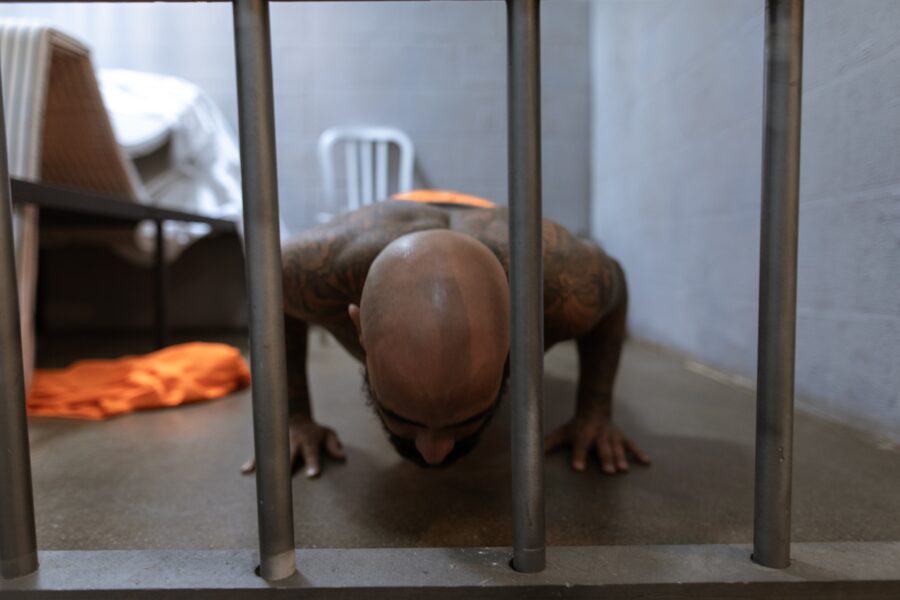


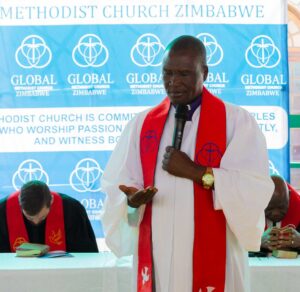
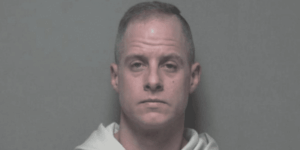
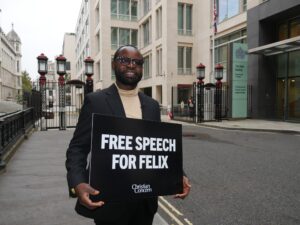

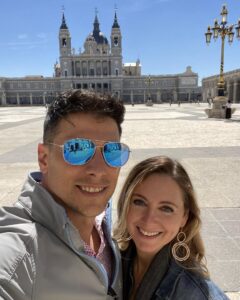
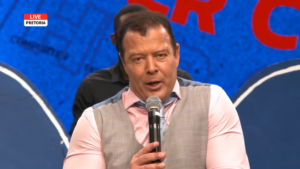

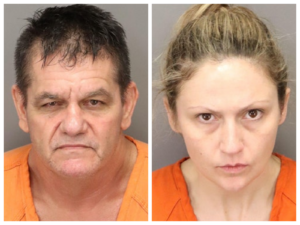



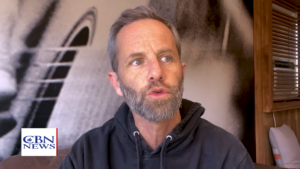







One response to “Woke Leader of Christian Org. Wants to Abolish Criminal Punishment, Even For Cannibals and Rapists”
The fact these individuals proclaim themselves ‘evangelists’ is perverted and sick. Their desire to free the brutal predators in our society from punishment is akin to declaring violence on those they should be trying to protect.